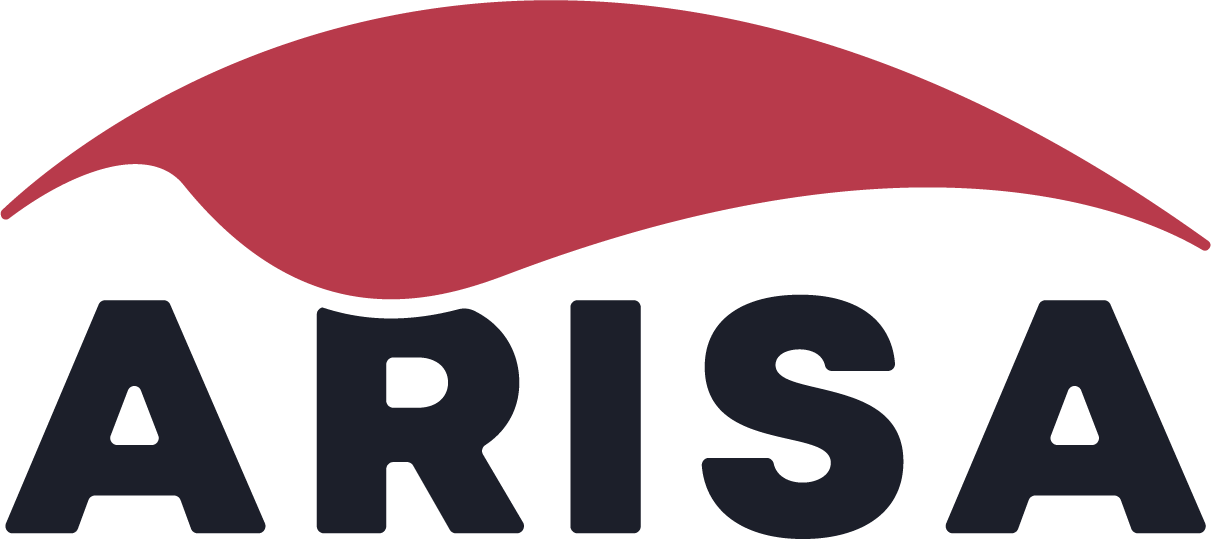
Child labour
Identifying and combating child labour in international supply chains require several simultaneous actions.
Read more below
No child should work – every child has the right to a good education, the right to play and the right to be a real child. Child labour perpetuates poverty; it prevents children from going to school to increase their chances of a better future; and where children work, adults sometimes cannot find work. Conversely, poverty also forces children into child labour, including through the lack of a living wage for parents and other adults.
The situation of child labour is a vicious circle that harms the whole community. Tackling child labour contributes to development and better opportunities for all. However, child labour is a complex problem that occurs mainly at the beginning of production chains – For example, in more informal work, sometimes done at home.
Identifying and combating child labour require several simultaneous actions. First, all compulsory school-age children should be provided with an adequate full-time education. In addition, companies should address child labour in their supply chain by applying due diligence. Governments must ensure that companies comply with international standards and conventions on child labour.
Arisa, through its partners, contributes to the fight against child labour by establishing child-labour- free zones where local authorities, teachers, employers, parents and civil society work together to get all children out of work and into school.
Through our partners, Arisa is making a tangible contribution to the fight against child labour by setting up child labour free zones in which local authorities, teachers, employers and parents collaborate to ensure that all children are in school and not in work. Read more about our approach to child labour free zones here.
Arisa works on the issue of child labour in collaboration with the Stop Child Labour coalition and has been part of the Work: No Child’s Business programme from 2019 to 2024.
